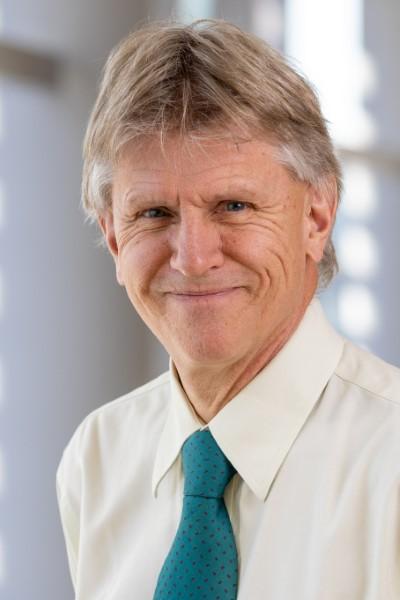About
Davidson H. Hamer, MD, FACP, FIDSA, FASTMH, FISTM, is a board-certified infectious disease specialist at Boston Medical Center (BMC) and Professor of Global Health and Medicine at Boston University’s School of Public Health and Chobanian & Avesidian School of Medicine. Dr. Hamer is also an adjunct professor of nutrition at the Tufts University Friedman School of Nutrition Science and Policy. ... He specializes in tropical infectious diseases and has extensive field experience in neonatal and child survival research, including studies of micronutrient interventions, maternal and neonatal health, malaria, pneumonia, and diarrheal diseases.
Dr. Hamer has been involved in over 50 studies in developing countries that evaluated interventions for improving neonatal survival, improving access for pregnant women to emergency obstetrical care, treatment and prevention of malaria, HIV/AIDS, micronutrient deficiencies, diarrheal disease, and pneumonia. He is currently working on projects in Bangladesh, Zambia, and the United States, some of which include neonatal sepsis prevention using prebiotics and probiotics in Bangladesh, nutritional status of adolescents in Zambia, and a prospective cohort study that includes a biobank of immigrants to the United States with Chagas disease. He is also the surveillance lead for the GeoSentinel Surveillance Network, a global network of 70 sites in 31 countries that conducts surveillance of emerging infectious diseases using returning travelers, immigrants, and refugees as sentinels of infection.
Dr. Hamer is a Fellow of the American College of Physicians, Infectious Diseases Society of America, American Society of Tropical Medicine and Hygiene, and the International Society of Travel Medicine.
-
Departments
-
Specialties
Tropical infectious diseases, neonatal and child survival research including micronutrient interventions, maternal and neonatal health, malaria, pneumonia, diarrheal diseases
-
Contact
617.414.4290 -
Primary Location
-
Administrative Title
Professor of Global Health and Medicine at the Boston University School of Public Health and Chobanian & Avesidian School of Medicin; Adjunct Professor of Nutrition at the Tufts University Friedman School of Nutrition Science and Policy
-
Residency
Internal Medicine, MedStar Health/Georgetown–Washington Hospital Center, 1987–1990
-
Education
University of Vermont College of Medicine, 1987
-
Board Certifications
Infectious Disease, American Board of Internal Medicine



